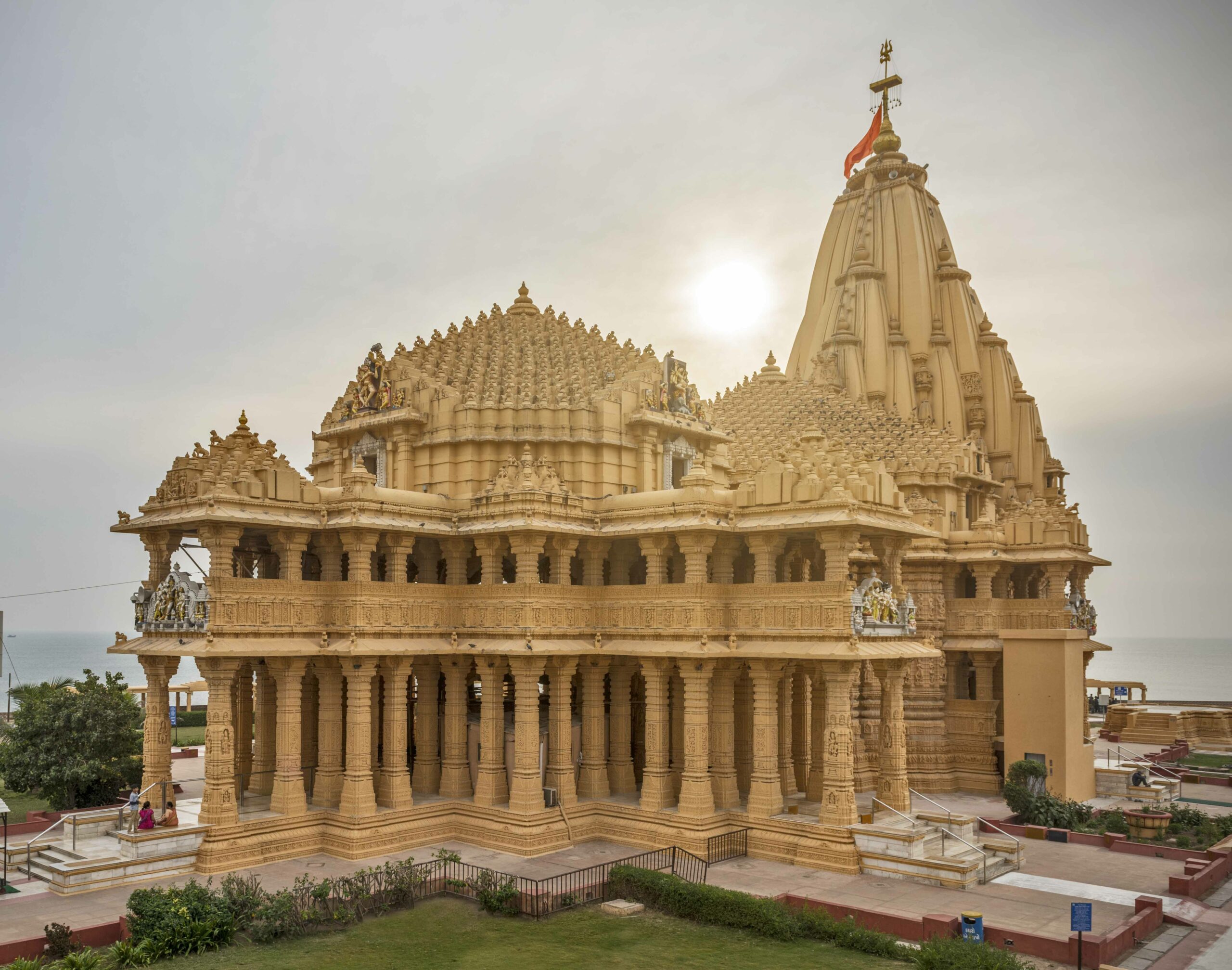May I Visit the Temple on My Third Day of Periods?

Menstruation and visits to temples are topics that have a deep cultural, religious as well as social underpinning in different societies of the world. Opinions and practices vary; still, the choice to visit a temple at menstruation – especially on its 3rd day might be considered quite dubious in many communities. This article addresses this topic in the context of historical, cultural and scientific aspects.
May I Visit the Temple on My Third Day of Periods?
Historical and Cultural Context
Religions and cultures globally have rules on menstruation, religious activities. In some belief cultures, menstruating women were ritualistically unclean and denied entrance to religious activities or into the holy places like temples. These practices were often accompanied by socio-cultural ramifications that helped to cement gender inequalities and development of obstacles for women regarding their participation within religious life.

Different notions and practices concerning menstruation and temple visits can be found in the teaching of Hinduism. Contrastingly some temples have very strict restrictions that prevent menstruating women from entering while other temples are much more inclusive and acknowledge the fact that period’s is normal biological process hence should not hinder spiritual practices.
The 3rd Day of Menstruation: A Specific Concern?
3rd day of menstruation is not equally emphasized everywhere but it can be observed in some traditions. some claim that the first three days of menstruation are more powerful from the point of ritual impurity, others do not distinguish between any particular day throughout a cycle. Therefore, the importance of 3rd day is determined based on cultural beliefs, religious values and personal perceptions.

Scientific Perspectives
In scientific terms, menstruation is a physiological process of the female reproductive system. Therefore, there is no medical justification to claim that women during their menstruating period are some sort of impurity and should not participate in religious life. Women Menstrual blood is a mixture of the blood and tissue from inside a woman’s uterus that she gets rid of during periods in her menstrual cycle, which does not contain any dangerous bacteria or anything dirty.
Additionally, there have been many debates among scholars and activists who argue for gender equality as well as the rights of women with respect to rituals related about menstruation. Menstruation-based prohibition of excluding women from religious spaces is rooted in ancient outdated beliefs, perpetuating discriminatory practices and limitation on the freedom for full participation in lives religions a cultural sphere.

Modern Perspectives and Changing Practices
Nowadays, there has been an increased push for inclusivity and gender parity in religious circles. Many temples and religious organizations are reviewing their policies on menstruation, making them more inclusive to all. With time, women have become more assertive about their rights to enter religious spaces and conduct rituals even during menstruation.
However change, especially when dealing with deeply held beliefs and practices is often slow … It needs education, Readiness to question the status quo . Religious leaders, activist and community members are advocating for the acceptance of menstruation as an normal part of our life.

It is rather complicated and multifaceted question if a woman can go to the temple on the 3d day of her “monthly” with its various historical, cultural, religious as well as scientific influences. While some of the traditions have strict rules and beliefs about menstruation as well as temple visits other are moving towards more inclusive, egalitarian customs.
Overall, the decision to step inside a temple during periods is personal and should be guided by individual ideology, values and comfort. It is thus necessary to consider all the views, strengthening understanding and acceptance within our communities. By breaking down archaic ideas and promoting the concept of inclusion, we will build perceivable communities where individuals of all sexes or reproductive status can participate fully in spiritual as well as cultural affairs.

